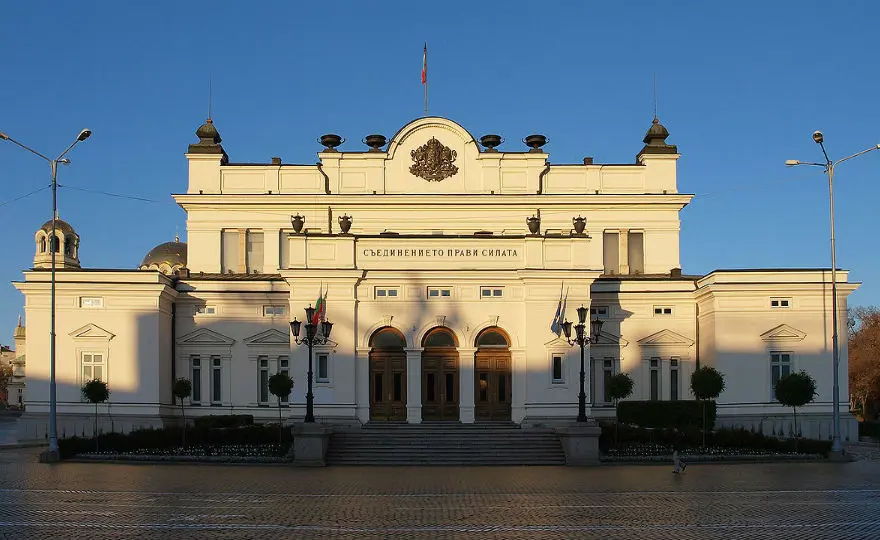ClientEarth Communications
5th October 2018


Bulgarian campaign group Za Zemiata (Friends of the Earth Bulgaria) has submitted a legal challenge against new national laws set to be catastrophic for environmental protection.
The raft of new laws aims to systematically restrict people, public institutions and environmental groups’ ability to go to court for the environment. Za Zemiata has lodged a complaint with the Aarhus Convention Compliance Committee (ACCC), an international body which oversees access to justice, asking it to examine the legality of the new rules.
The President of Bulgaria, Rumen Radev, has also tried to block the laws, citing breaches of multiple international rights agreements. Za Zemiata’s action comes after Bulgaria’s parliament overruled Radev’s presidential veto, which meant the laws could enter into force.
The President, with the Ombudsman and a group of MPs has now lodged a complaint with the Constitutional Court – the only remaining route he can take to try to prevent some of these laws coming into force.
Regina Koleva, legal adviser to Za Zemiata, said: “We are witnessing an alarming trend towards the restriction of the environmental rights of citizens and organisations in Bulgaria. Be it prohibitively high court fees or harsh time limits for environmental cases, the aim is to silence people trying to have their say on the environment we live in.”
One law imposes hefty costs on those wanting to appeal approvals for large development projects. Another limits the amount of time a case can run for, damaging complex environmental cases’ chance of success. Decisions on large infrastructure projects (EIA cases) are also restricted to one hearing, so if there has been an egregious error in the decision, there is no avenue to question it.
Za Zemiata will also object to a decision that prohibits non-governmental organisations and citizens from challenging inadequate and dangerous air quality plans.
Environmental groups believe – supported by open admissions from the officials who put the laws forward – that the laws are designed to minimise barriers to large developments. The cap on appeal duration, for example, meant a decision to approve a motorway through Bulgaria’s richest biodiversity hotspot, the Kresna Gorge, was made in just one court case – with no possibility to appeal.
ClientEarth is active in Bulgaria, scrutinising state subsidies to fossil fuel power plants and challenging plant permits that greenlight illegal pollution. ClientEarth and Za Zemiata (Friends of the Earth Bulgaria), supported by more than 10 other NGOs, wrote to the European Commission last year when the laws were proposed, expressing serious concern about the barriers the proposed laws put on access to justice.
ClientEarth lawyer Dominique Doyle said: “The Bulgarian parliament seems intent on having these laws. Officials have steamrollered all opposition, including the president himself, who expressly objected to them using robust legal reasoning.
“It is vital that people and small organisations have access to the courts to defend their environment, a right which is too often sacrificed in the interest of vast industrial developments. Court cases are often the only route to confront these issues.”
Bulgaria has already been issued a caution under the Aarhus Convention over its poor access to the courts.
Doyle added: “We are very concerned about environmental protection in Bulgaria – it already struggles with illegal pollution and several power plants have now started burning harmful waste, despite questions raised in court. Access to justice is absolutely vital, now more than ever.”
MP quotes (from minutes of public sessions of the Commission of Legal Affairs at the National Parliament):